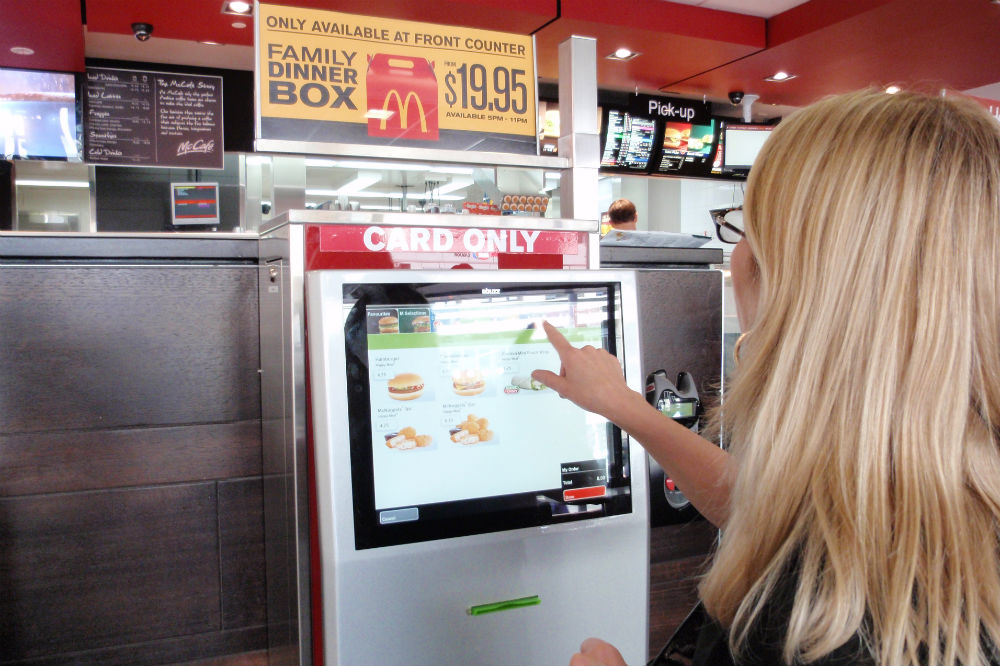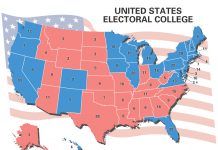Democrats in the House are renewing their demands that we once again cut the lower rungs off the labor ladder; ensuring that all whose skills fail to trade equitably at a minimum of $15/hr are denied entry into the labor market.
Government-mandated minimum wage hikes reduce the number of beginner-level jobs overall and slow the rate at which remaining jobs become available. Duh. Amazingly, advocates for this political malpractice admit both of these negative impacts!
Advocates for government-mandated wage hikes claim that “costs to employers are offset by reductions in turnover.” Let’s assume their claim about employer-costs being offset is completely true. Is it desirable?
Lower turnover on the first “rung” of the job ladder means:
1. People move more slowly from step one to step two and beyond. Even assuming that our government has a moral right to induce constipation at the entry level of the job market, how does doing so move people out of poverty?
2. Less frequent openings are created for beginners coming up behind. Why would we want to create that outcome – by force-of-law?
The stated intent of the mandated wage hike; to “give” greater purchasing power to minimum-wage earners is absurd on its face:
The lowest wage affords lowest-wage purchasing power no matter what number is affixed to it; Its relationship to the broader economy is not changed by reassigning the number by force-of-law.

If the intent were to help people move out of poverty, the focus would be on economic MOBILITY; the relative ease with which beginning-level workers (or re-starters) can engage the labor market and move up from entry level.
Any policy which purposely moves the lowest rung of the ladder further from reach of the least skilled worker and then slows the rate at which he/she moves up is designed to keep the lowest workers down. Who is helped by this? Only the politicians who are adept at converting class-envy and economic stagnation into a permanent constituency – one that can be counted on to set up a raucous of protest in response to proposals which seek to free the private economy from the chains which create dependency.
When I wrote on this topic previously, the call for doubling minimum wage by force-of-law was limited to the more left-leaning of individual states, where, predictably, they succeeded. The entry-level workers of those states will now find it increasingly difficult to find a job, and finding one, will feel obliged to hang on for dear life no matter the tedium because they will now be monetizing their time at a rate greatly exceeding the value they are able to generate for their employer.
Needless to say, employers in these states will take measures to limit their exposure to the harm done by a law that forces inequity in their labor relationships. Entry-level workers are harmed by laws that price their services out of the market. (Imagine claiming to “help” apple growers by passing a “minimum price” law of $2/apple. Would apple growers benefit from this twisted “generosity”?)
If the present effort to increase the Federal Minimum wage succeeds, there will be no escaping the forced inequity in hiring non-skill workers save moving entry-level jobs out of the United States.

























